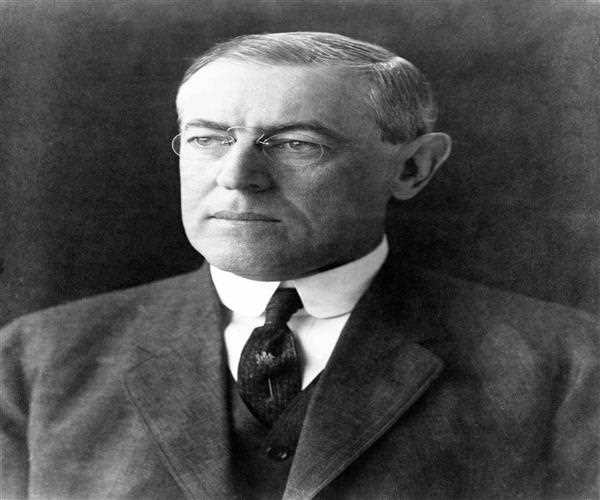The aftereffect of a boundless restraint development amid the main decade of the twentieth century, Prohibition was hard to implement, regardless of the entry of buddy enactment known as the Volstead Act. The expansion of the illicit generation and offer of alcohol, the multiplication of speakeasies and the going with ascending in pack savagery and different violations prompted melting away help for Prohibition before the finish of the 1920s. In mid-1933, Congress received a determination proposing a 21st Amendment to the Constitution that would cancel the eighteenth. It was sanctioned before that year's over, wrapping the Prohibition period up.

Sources of Prohibition
In the 1820s and '30s, a flood of religious revivalism cleared the United States, prompting expanded calls for moderation, and in addition other "stickler" developments, for example, the nullification of servitude. In 1838, the province of Massachusetts passed a restraint law forbidding the offer of spirits in under 15-gallon amounts; however the law was revoked two years after the fact, it set a point of reference for such enactment. Maine passed the primary state disallowance law in 1846, and various different states had taken action accordingly when the Civil War started in 1861.
Section of the Prohibition Amendment
In 1917, after the United States entered World War I, President Woodrow Wilson initiated a transitory wartime forbiddance keeping in mind the end goal to spare grain for delivering sustenance. That same year, Congress presented the Eighteenth Amendment, which prohibited the produce, transportation, and offer of inebriating alcohols, for state sanction. Despite the fact that Congress had stipulated a seven-year time confine for the procedure, the correction got the help of the essential seventy-five percent of U.S. states in only 11 months.
Requirement of Prohibition
Both elected and nearby government attempted to uphold Prohibition through the span of the 1920s. Implementation was at first doled out to the Internal Revenue Service (IRS) and was later exchanged by the Justice Department. As a rule, Prohibition was implemented substantially more emphatically in territories where the populace was thoughtful to the legislation– basically provincial regions and little towns– and significantly more freely in urban regions.
Regardless of early indications of achievement, incorporating a decrease in captures for tipsiness and a revealed 30 percent drop in liquor utilization, the individuals who needed to continue drinking discovered always innovative approaches to do it. The unlawful assembling an offer of alcohol went ahead consistently, alongside the task of "speakeasies" the sneaking of liquor crosswise over state lines and the casual creation of alcohol in private homes.
Denial Comes to an End
With the nation buried in the Great Depression by 1932, making employment and income by legitimizing the alcohol business had an unquestionable interest. Democrat Franklin D. Roosevelt kept running for president that year on a stage requiring Prohibition's allure, and effortlessly prevailed upon triumph the occupant President Herbert Hoover. FDR's triumph implied the end for Prohibition, and in February 1933 Congress received a determination proposing a 21st Amendment to the Constitution that would cancel the eighteenth. The correction was submitted to the states, and in December 1933 Utah gave the 36th and last fundamental vote in favor of endorsement. In spite of the fact that a couple of states kept on restricting liquor after Prohibition's end, all had deserted the boycott by 1966.